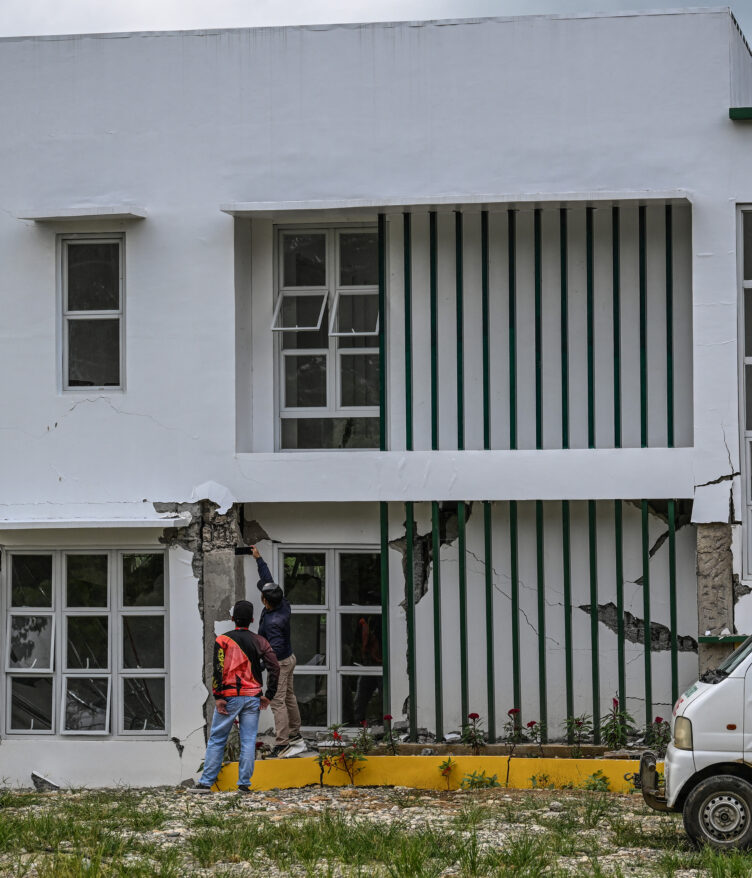IN the Philippines, many students have started to get jobs that they have to balance with their academic workload.
According to the Commission on Higher Education, there were over 216, 000 working students in the Philippines as of 2010. The figure was 8 percent of the total number of college students.
Given the pandemic and the worsening state of the Philippine economy, one can only imagine how this number has grown over the past few years.
Students take up jobs for a variety of different reasons: to help their parents pay for their academic expenses, to have money to buy the things they want, or simply to feel a certain amount of independence when it comes to handling their finances.
But is getting a job while you’re still studying worth it? Or is it more of a burden than it is a reward?
Double the work for the same pay
20-year-old Michel Macahilo, a 2nd-year student at the University of the Philippines Los Banos, started working as a freelance virtual assistant in early 2021. At present, he works for around six hours every day, with his workload depending on whatever the client asks from him.
“I do think the amount of work given is not symmetrical to the salary, as I do work beyond my responsibilities,” he said.
Sophia Aragon, a 23-year-old student at the CIIT College of Arts and Technology, shares the same sentiment. As a graphic design intern, she works for about nine hours each day and for her, the money definitely isn’t worth her doubled workload.
“It’s really time-consuming and very tiring, but I guess since ako may gusto nito and marami naman ako natututunan, okay na rin,” she said.
“If you look at it kasi as an artist–yung dami ng pinapagawa–tapos pag nakita or nalaman mo yung pay, you’ll know na kulang talaga.” she added.
These aren’t isolated cases. According to the findings of CHED back in 2010, of the thousands of working college students in the Philippines, only half of them were able to finish college. This can be attributed to the heaviness of the workload they face daily.
But Macahilo said students looking to start working while they’re still in school should also not expect a high salary when they get their first job.
The need to grind
During his time as a working student, Macahilo felt overwhelmed by his responsibilities on several occasions. There were times when he had difficulty balancing everything, especially during the pandemic, so much so that it started negatively affecting his mental health.
However, he continues to work. Why? Because he wants to help lessen his family’s financial burdens. That’s the reason he keeps going: to help his family, as well as to get his career started early.
For Aragon, who’s a working student who is also a scholar and an organization president, she constantly finds herself struggling with managing her time given her workload.
She’s forced herself to learn how to balance everything because the amount she earns from work often goes to things like her allowance and her tuition. She hopes to lighten her parents’ load in paying for bills given their old age.
“Nung ako nagbabayad ng tuition ko, nakita kong ang laking gaan for them,” she said.
At present, since she’s a scholar, she no longer pays for her own tuition, so her money instead goes to allowance and other academic fees. Despite this, her parents have l said on numerous occasions that her work has been a big help for them.
While she does think she’s become pretty good at time management, her number of responsibilities still feels tiring because of the routine that she’s fallen into. She’s even developed F.O.M.O. because it’s as if her responsibilities have taken over her life.
“Not that it’s bad, it’s just that sana may other way para hindi lang maging ganun buhay ko,” she said with a chuckle.
Not for the faint of heart
If you plan to start working sometime soon, one thing you need to know how to do is balance your time. If you can’t do that, then you’re probably going to burn out very quickly.
Be prepared for the application process; some places are more lenient, while others are much more strict. Aragon, for example, describes her application process as fairly easy, taking up only a couple of days before she was sent a contract. Macahilo, on the other hand, recounts a much tougher process when he first started looking for work.
For Macahilo, the key to balancing work and studies is time management and communication. If there are certain expectations from your employer that you can’t meet, let them know.
Aragon recommends setting days solely for academics and others for work; as much as possible, be strict with yourself and follow your schedule.
She said your job entails responsibility after all, and it’s something you have to make time for even when you’re not feeling up to the task.
“Honestly for those na want mag-start mag-work, go for it!” she said. “Just make sure na mayroon ka rin time for fun, or time to do the things you want to do, kasi yun lang talaga makakapagbigay sa’yo ng ilo-look forward [to] mo.”
Macahilo also recommends starting small; try working in student organizations to figure your way around the workplace as well as to gain some experience before diving into the corporate world. Start building up your CVs and portfolios beforehand, and try to get as much experience as you can to show that you’re an asset to the team.
Even freelance work for your family is a great starting point, said Aragon. Add to your CV anything you’re proud of working on; we all start with something small, after all, he noted.
At the end of the day, the decision to start working is something that’s entirely yours. If you’re sure you can handle the workload while still being able to enjoy time for yourself and the things you love, then go for it.
How useful was this post?
Click on a star to rate it!
Average rating 0 / 5. Vote count: 0
No votes so far! Be the first to rate this post.
We are sorry that this post was not useful for you!
Let us improve this post!
Tell us how we can improve this post?









